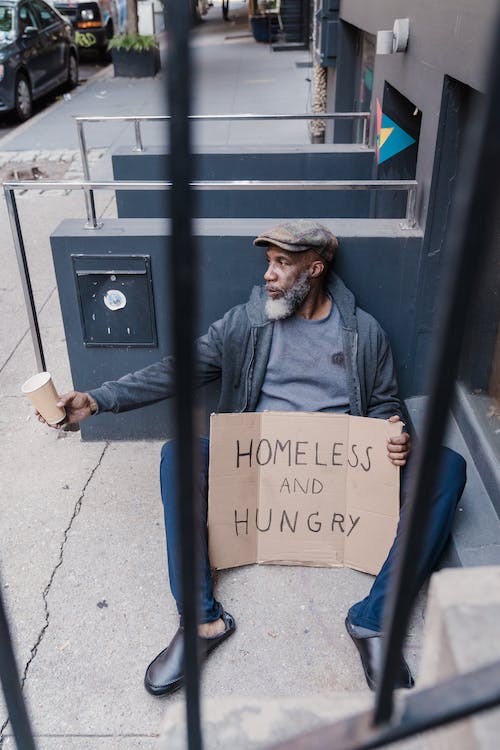State Grant of $60 Million Allocated to Enhance Housing and Services for Skid Row’s Homeless Population
Los Angeles County has announced the allocation of a significant $60 million state grant to fund housing projects and expand services for the homeless population in Skid Row. This initiative aims to provide support to over half of Skid Row’s unhoused population over the next three years.
The grant is part of the California Interagency Council on Homelessness’ Encampment Resolution Fund and will complement the existing $280 million Skid Row Action Plan. This comprehensive plan seeks to transform Skid Row into a “safe and healthy community.” The county is contributing $125 million to the action plan, while the city of Los Angeles is adding $40 million. Additionally, approximately $55 million in vouchers will be leveraged from local public housing authorities, and the Los Angeles Housing Services Authority will contribute an additional $60 million.
County Supervisor Hilda Solis, who represents the district encompassing Skid Row, highlighted the importance of this funding, stating that it represents the first step towards implementing the Skid Row Action Plan. Solis emphasized that the unhoused residents of Skid Row, as the heart of the overdose crisis, deserve the dignity of housing and access to the necessary care and support.
The Skid Row Action Plan, developed by DHS Housing for Health in 2022, focuses on expanding interim and permanent housing options, as well as providing behavioral health services, substance use treatment, and other vital support services.
Over the course of three years, the interim housing beds are projected to serve approximately 2,500 individuals. Additionally, the plan aims to place around 2,000 people into permanent housing and provide outreach efforts to assist approximately 3,000 people.
Mayor Karen Bass expressed her appreciation for the collaborative efforts across all levels of government, acknowledging the county’s crucial role in implementing the Skid Row Action Plan. The commitment of county demonstrates a shared commitment to bringing homeless individuals inside and addressing the ongoing challenges faced by the community.
County officials stress the urgency of addressing the dire needs of Skid Row’s homeless population, with an estimated 1,900 people experiencing chronic homelessness. Disturbingly, reports indicate that 36% of individuals in Skid Row experiencing homelessness have a serious mental illness, 33% have a substance use disorder, 35% have a physical disability, and 13% have a developmental disability. Furthermore, 38% of people have reported experiencing domestic violence or intimate partner violence.
The CEO of L.A. County, Fesia Davenport, expressed gratitude for the ERF grant, describing it as welcome news for the county. Davenport highlighted the county’s commitment to utilizing these funds and its expedited authority to expand programs, provide supportive services, and alleviate the immense suffering endured by the Skid Row community.
This significant state grant represents a step forward in addressing the homelessness crisis in Skid Row and demonstrates a collaborative effort to improve the lives of those experiencing homelessness by providing them with stable housing and vital support services.






